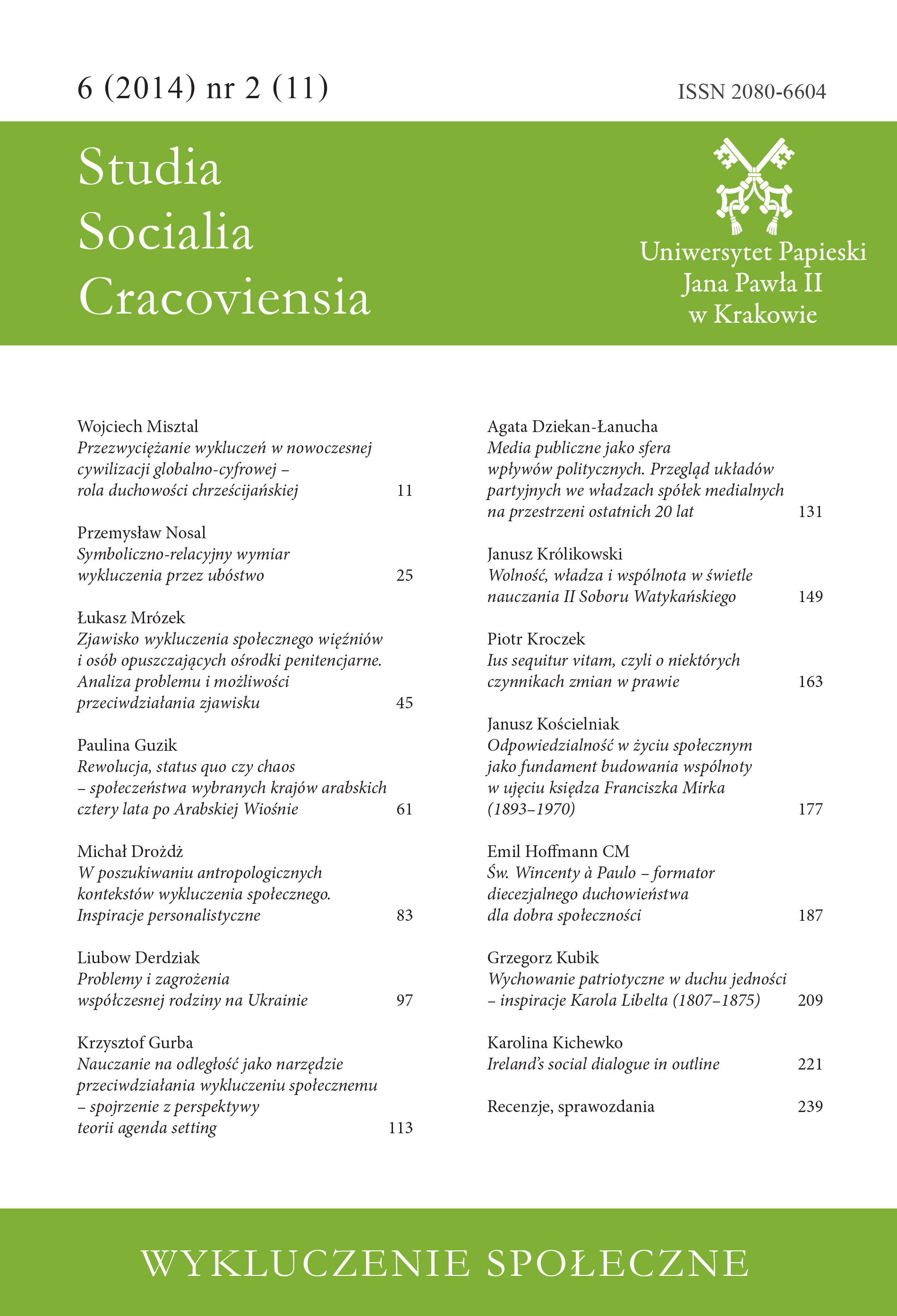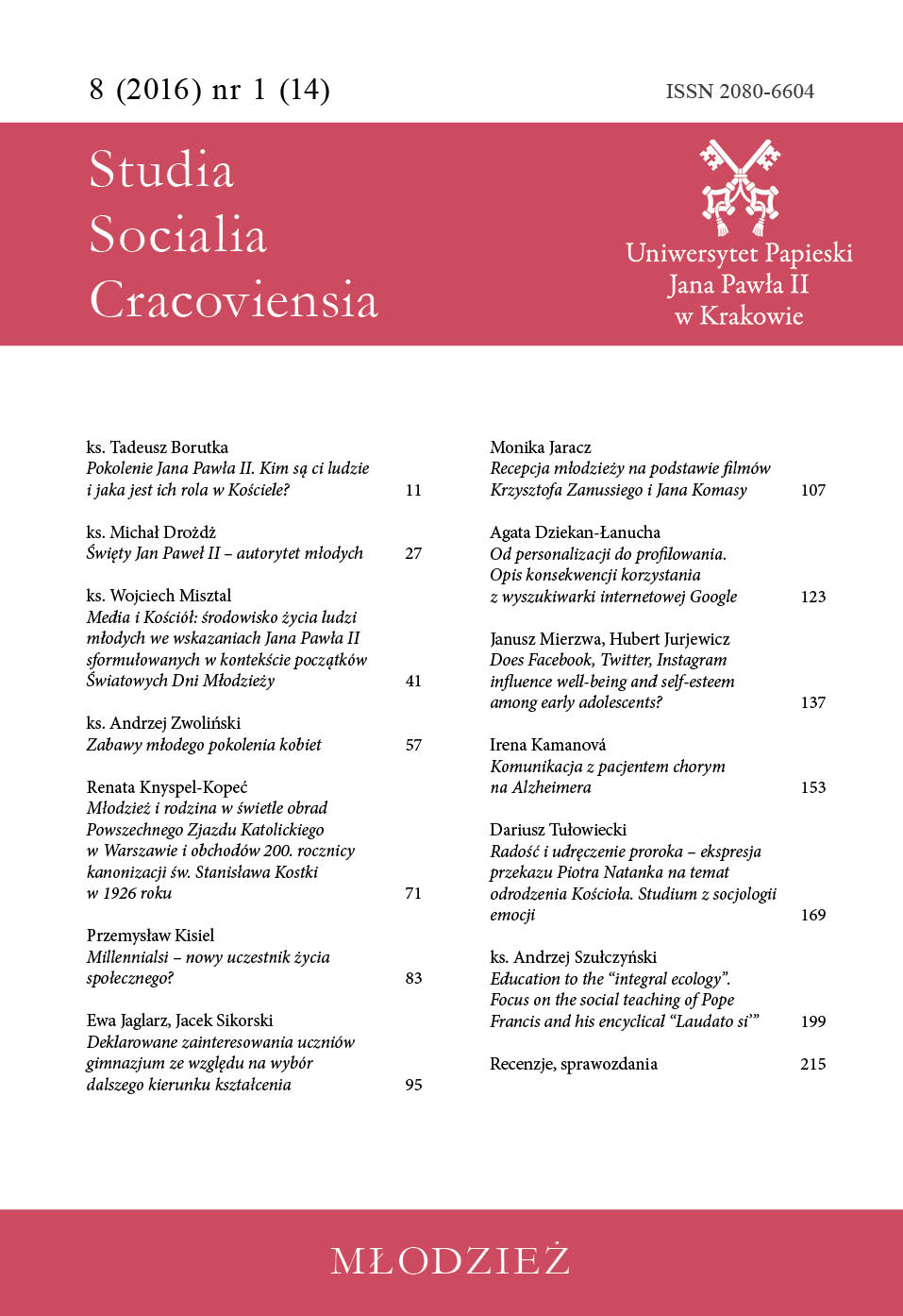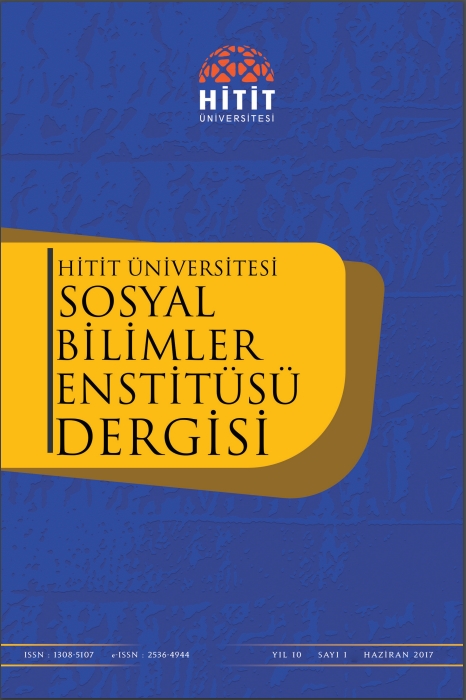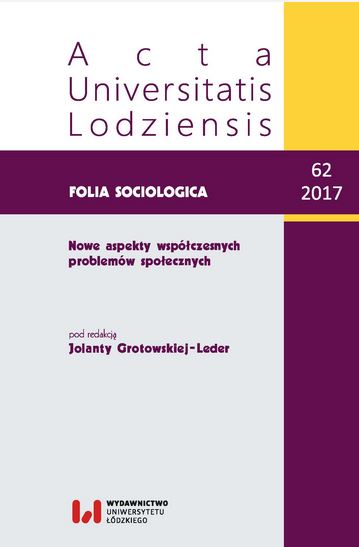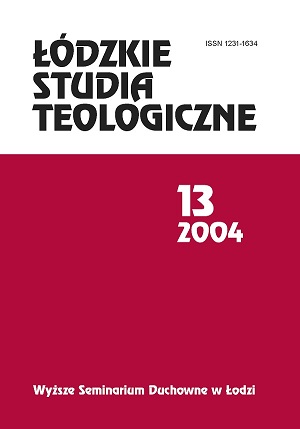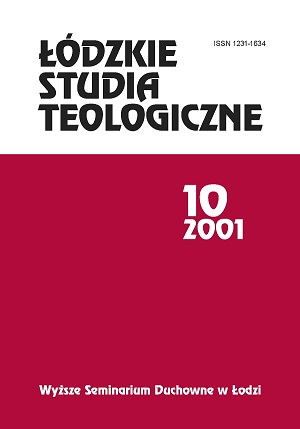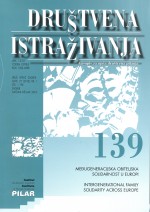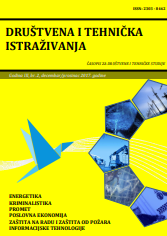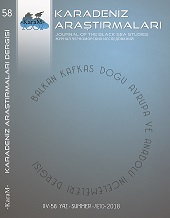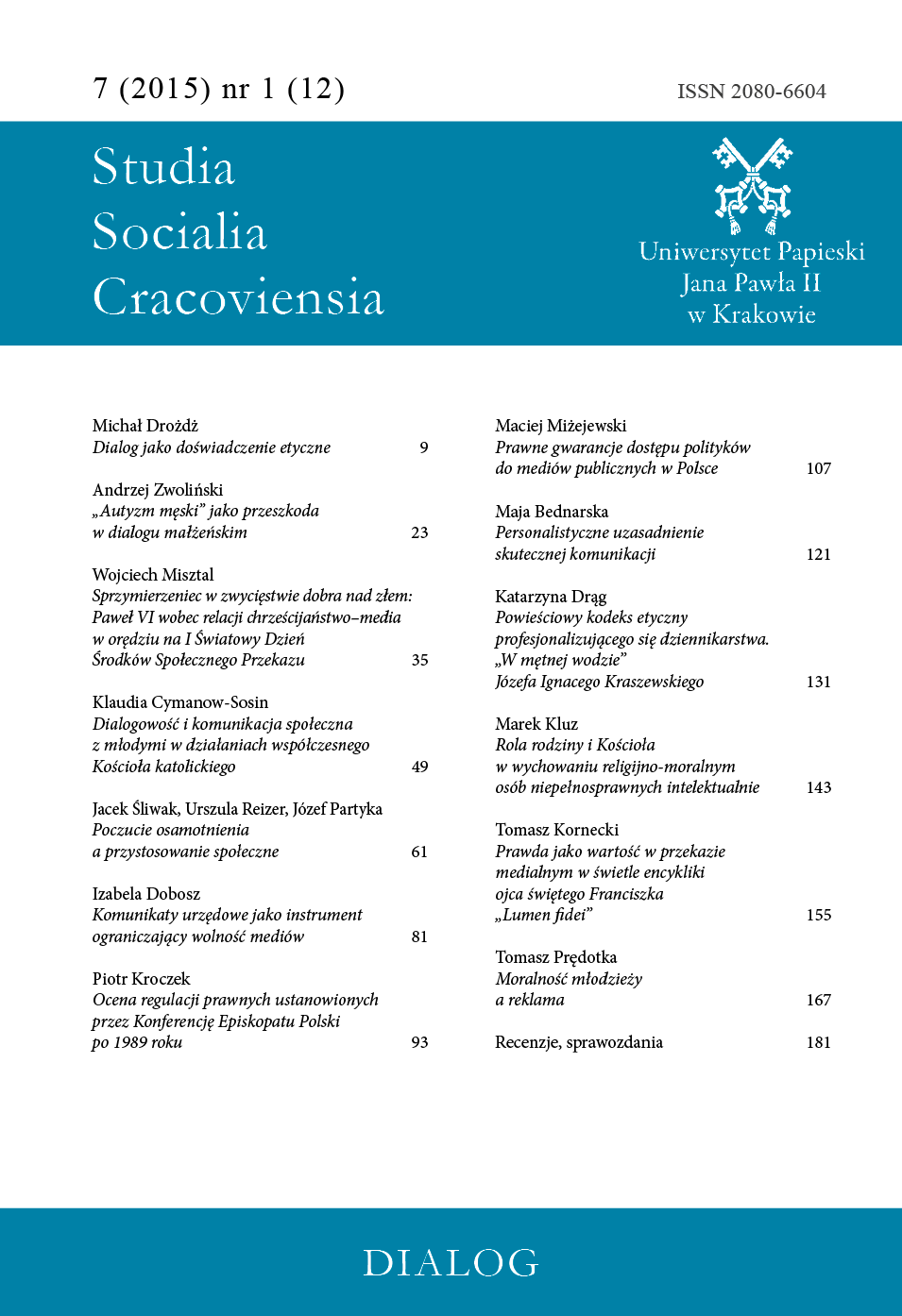
Moralność młodzieży a reklama
The paper aims at researching the influence of advertising on the youth and their system of values. Young people are extremely prone to advertising messages and at the same time they are in conjunction with the world of adults and the world of advertising which dramatically influences the profits. Nevertheless, advertising destroys sometimes the system of values of a young person. That is why the question of morality, understood as the set of norms, principles and ethical behaviour in the society, is crucial in this paper. Advertising is informative and persuasive description of a product, which should raise interest among the viewers. Still, this way of promoting a product is in contradiction with morality and this case has been discussed on a few selected examples. The conclusions support the thesis that advertising is too often against the principles of morality and destroys the system of values, which should be the basis of existence for a young person.
More...
